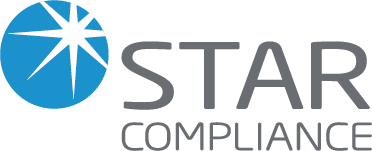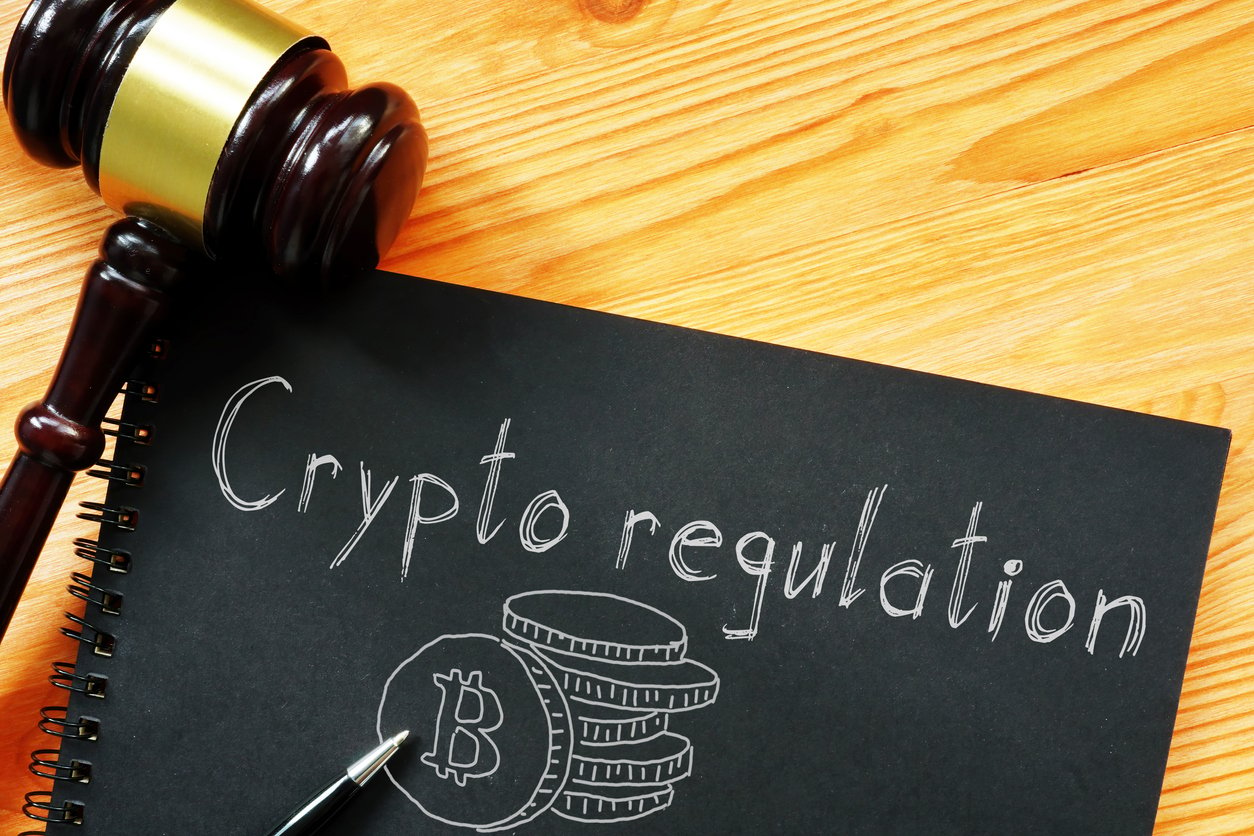If anyone doubted Chairman Gensler’s commitment to a greater regulatory focus on crypto, this move should put those doubts to rest. Read on for full details and what firms can do to keep employee cryptoasset compliance risk low
On May 3, the SEC issued a press release announcing a sizable increase in the number of positions allocated to the unit responsible for protecting investors in crypto markets and from cyber-related threats. The Crypto Assets and Cyber Unit (known previously as the Cyber Unit) will grow to 50 dedicated positions, up from 30: a near doubling in size. The newly renamed unit is in the SEC’s Division of Enforcement.
Created in 2017, the Crypto Assets and Cyber Unit has brought more than 80 enforcement actions related to fraudulent and unregistered crypto offerings and platforms, resulting in the collection of more than $2 billion in what the SEC calls “monetary relief.” The 20 new positions will include supervisors, investigative attorneys, trial counsels, and fraud analysts. The unit will focus on investigating securities law violations related to:
- Cryptoasset offerings
- Cryptoasset exchanges
- Cryptoasset lending and staking products
- Decentralized finance (DeFi) platforms
- Non-fungible tokens (NFTs)
- Stablecoins
A THREAT TO INVESTORS AND FINANCIAL STABILITY
Why the big increase in crypto-enforcement positions at the SEC now? "The US has the greatest capital markets because investors have faith in them, and as more investors access the crypto markets, it is increasingly important to dedicate more resources to protecting them," Chair Gary Gensler commented on the move. "The Division of Enforcement’s Crypto Assets and Cyber Unit has successfully brought dozens of cases against those seeking to take advantage of investors in crypto markets. By nearly doubling the size of this key unit, the SEC will be better equipped to police wrongdoing in the crypto markets while continuing to identify disclosure and controls issues with respect to cybersecurity."
So Chair Gensler is driving this particular action. There’s no surprise there. After four years of regulatory pullback under a Republican president, there’s clearly a shift going on in the other direction under the current Democratic one—in financial services and beyond. And the markets themselves aren’t exactly making things easier for those trying to make the case for a laissez-faire approach to cryptoasset regulation. On May 13, The Wall Street Journal reported that more than $1 trillion in cryptoassets was wiped out in the crypto-markets in just six months’ time, from November of 2021 through May of this year. That kind of market crash is bound to prick the ears of regulators not just in the US but elsewhere, and it has. On May 24, the Financial Times reported on the European Central Bank’s fear that “the crypto industry’s deepening ties to banks and asset managers will pose a risk to financial stability.”
So whether it’s a concern that crypto investors need more protection, or a concern that the crypto markets are putting enough wealth in play in the US and elsewhere to be a potential threat to general economic stability, fear is in the air and regulation is almost sure to come. What should firms be doing to get ahead of things? To prepare for what is clearly the unknown when it comes to crypto regulation? On February 21 in this space, we offered three steps firms can take now to prepare for crypto regulation later. They are:
1. GET UP TO SPEED ON ALL THINGS CRYPTO
The crypto market is still maturing. Even people who consider themselves well-versed in the space can benefit from some SME advice, especially compliance teams. Bring in third-party educators to share their expertise to ensure everyone has a firm understanding of the basics of crypto.
2. ASSESS YOUR CURRENT CRYPTO COMPLIANCE POSITION
Look at how your firm currently maintains crypto compliance and determine where there are obvious gaps. For example, do you have systems that support employee crypto-trade requests? The sooner you have something in place, the better off you’ll be later as regulation evolves.
3. TAKE A CONTINUOUS APPROACH TO COMPLIANCE
The crypto space has a penchant to change quickly and with little warning. Like other compliance processes, your policies around cryptoasset regulation will need to stay flexible and adaptable. Outline potential scenarios now to help your firm craft informed reactions later.GETTING PRESENT-READY AND FUTURE-READY
Getting a crypto pre-clearance compliance software solution in place is something a regtech firm like StarCompliance can get you set up with right away. Here’s how it works. In the world of employee personal stock trading, compliance software like Star’s Personal Trading product allows employees to pre-clear equity trades simply and easily, without a compliance officer having to interact at all. The software system is preset by compliance to generate a fast and automatic yes or no answer to the employee request. The only time a compliance officer has to step in is if there’s good reason for escalation. This kind of situation is also determined by compliance, following the firm’s code of ethics.
Star’s Crypto Pre-Clearance software solution works in a similar manner. A configurable rules engine takes firm trading rules, automates them, and employees enter the cryptoassets they want to trade—receiving a response within seconds. Compliance gets visibility into employee activity and employees get frictionless trading, just like with equity trades. Importantly, Crypto Pre-Clearance also lets you easily evidence your crypto compliance efforts—offering a centralized location that automatically records activity for audit and reporting purposes once crypto regulation becomes more formalized, which it will.
Most firms have already begun taking action on crypto compliance. 62% of firms that responded to our Crypto & Compliance Market Study have already developed an employee cryptoasset monitoring policy of some kind. The writing is on the wall. Once government agencies get expanded staff and expanded remits, they rarely if ever give them up. The SEC’s Crypto Assets and Cyber Unit, then, will not simply go away, no matter what party wins the presidency in 2024. And for all its ups and downs, crypto itself also doesn’t seem in any danger of simply going away. If it’s not quite mainstream yet, it’s getting there. Happily, so are the solutions that can help firms monitor for employee crypto activity and mitigate the related risk: as the space and the regulation surrounding it continues to evolve.



